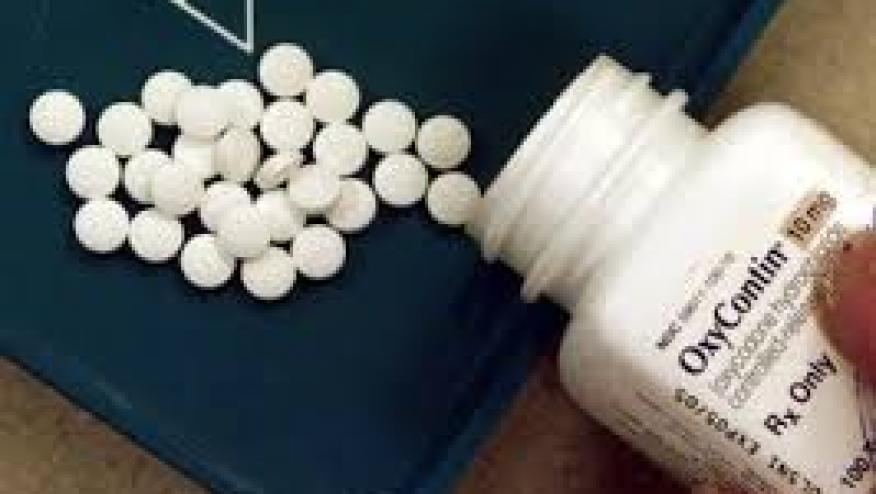Acute Steroid Use Comes with Risk Save

Steroids are known for their acute therpeutic wonders and chronic hazards. Hence most practitioners are comfortable using short term, limited dose corticosteroids for a variety of ailments.
A retrospective cohort study and self controlled case series studied the recent and remote outcomes of short-term oral corticosteroids (< 30 days) in adults between 18-64 years. Findings were compared to matched adults not receiving steroids.
Analyzing 1 548 945 adults, 1 in 5 (21.1%) received at least one outpatient prescription for short term use of oral corticosteroids over the three year period, most commonly for upper respiratory tract infections, spinal conditions, and allergies. Use was more frequent among older patients, women, and white adults.
In the first 30 days following steroid use, they found higher rates of sepsis (incidence rate ratio 5.30; 95% CI 3.80 to 7.41), venous thromboembolism (3.33, 2.78 to 3.99), and fracture (1.87, 1.69 to 2.07). These rates lessened over the subsequent 31-90 days. An increased risk persisted when prednisone (or equivalent doses) was less than 20 mg/day (incidence rate ratio 4.02 for sepsis, 3.61 for venous thromboembolism, and 1.83 for fracture; all P<0.001).
Thus even short term corticosteroid use may be associated increased risk of adverse events.










If you are a health practitioner, you may Login/Register to comment.
Due to the nature of these comment forums, only health practitioners are allowed to comment at this time.